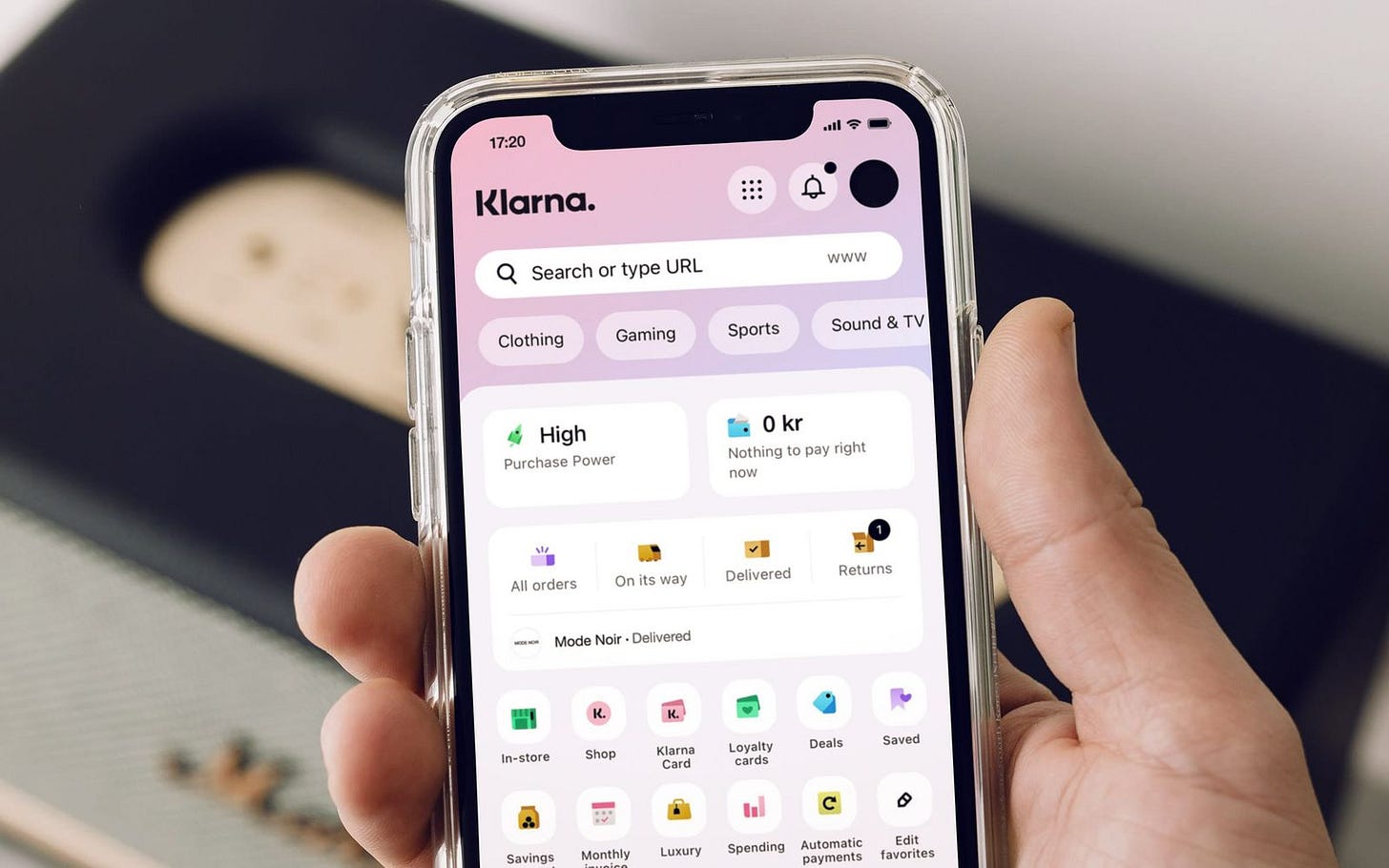Is AI making SaaS obsolete?
This week: We discuss companies shifting away from SaaS thanks to AI and SaaS companies need to evolve with the times.
In my last newsletter, “Human empathy still reigns supreme over AI (for now).” I discussed AI's growing influence and its limitations around empathy. Today, we’re seeing a new shift: companies are beginning to question whether they need SaaS tools, as AI opens up the possibility of building tailored software solutions.
Some major players are already cutting ties with SaaS platforms in favor of in-house, AI-powered solutions. A key example is Klarna, which recently parted ways with Salesforce and plans to do the same with Workday, betting that its AI tools can handle operations more efficiently.
This raises the question: are we witnessing the beginning of a larger trend?
Could this be the start of SaaS platforms becoming obsolete?
Walking away from Silicon Valley.
SaaS platforms like Salesforce and Workday have provided scalable, cloud-based solutions that streamline everything from CRM to HR. But with AI, companies now have the option to build internal software tailored to their unique needs, reducing reliance on third-party services.
Recently, Klarna was mentioned in the news, discussing how they would be pivoting away from Salesforce and Workday in favor of internal projects that are a “combination of AI, standardization, and simplification.”
Klarna’s decision reflects a growing mindset that AI can offer more control, customization, and cost-efficiency than SaaS. AI-driven tools now automate software development tasks like coding and process automation, making it easier for companies to create their own solutions without needing large engineering teams.
This shift isn’t just about cutting costs - it’s about gaining control over the technology stack and ensuring it evolves with the business's specific needs.
The risks of over-reliance on AI.
While the ability to build in-house solutions is enticing, there are risks. As companies automate more, they may lose the human touch that SaaS platforms traditionally offer. AI tools may streamline operations, but they often lack the flexibility and customer-centric design that comes with being part of a broader SaaS ecosystem.
SaaS platforms benefit from gathering feedback across multiple clients, which helps them iterate and create more adaptive products. Companies that develop in-house tools risk missing out on this external input, potentially creating systems that fall out of sync with broader market trends.
More importantly, relying heavily on AI may diminish empathy and personalization—core elements that foster customer trust and long-term loyalty.
The future of SaaS: adapt or become obsolete?
SaaS companies like Salesforce and Workday aren’t going away yet, but they must adapt. With AI enabling businesses to build in-house solutions, SaaS platforms must innovate, offering more customizable and AI-driven services that can compete with the flexibility of internal tools.
Beyond customization, SaaS companies must also consider reducing costs to remain competitive. By offering more affordable, customizable options, they can make it harder for customers to justify leaving for in-house AI solutions.
Outside of customization and cost - the companies that balance AI-driven efficiency with human connection will thrive. It’s one thing to automate processes, but another to maintain the empathy and personalization that made SaaS successful in the first place.
Final Thoughts
AI is transforming business operations, tempting many to bypass SaaS in favor of in-house solutions. However, companies should be cautious - over-reliance on AI risks losing the human touch that builds trust and drives sustainable, long-term growth.
The future of SaaS depends on its ability to adapt to this new reality, but businesses should be careful not to sacrifice customer connection in the rush to automate.
Do you think AI will make SaaS obsolete, or is there still room for both?
Share your thoughts below.
Thank you for reading on Substack, and be sure to connect with us on LinkedIn.
Are you interested in talking about product things with me directly? Book a 15-minute chat, and let’s party.




I've been in the AI/chatbot game for a long time now. In my experience, so far at least, there are plenty of interactions humans prefer to have with a proper UI instead of a conversation.
As long as that's true, I think SaaS has a future.